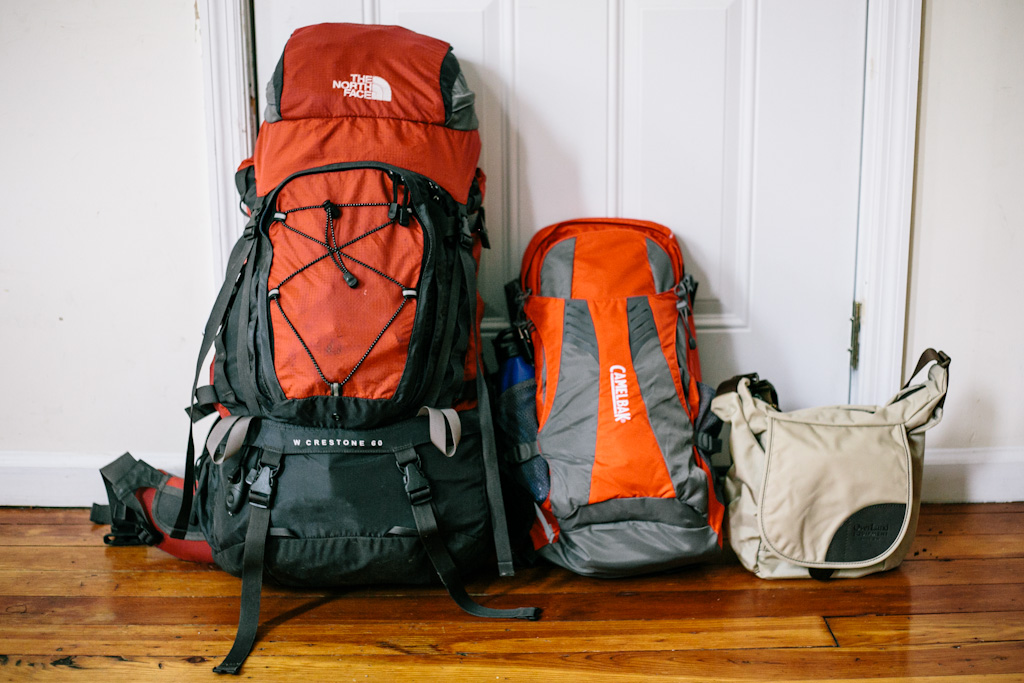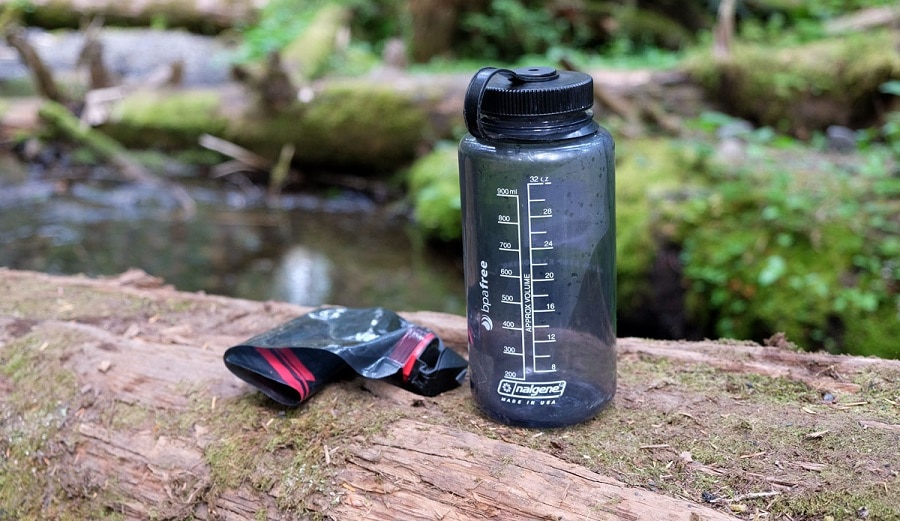Backpack Essentials for Rookie Backpackers
Hiking, sometimes called backpacking, is becoming a popular hobby for adventurers and fitness enthusiasts, but it is an experience that you need to prepare for thoroughly to make sure nothing goes wrong during your first backpacking trip.
Here is a list of essentials every backpacking rookie should have for the first hike and for every hike thereafter.

• Backpack. Since this will be your first hike, you should get something light and small. Carrying a huge backpack can be difficult if you’re not yet used to hiking. You will only need your essentials, so you don’t need to stuff your entire home in your bag.
• Sleeping Bag. If you want a lighter load, you might want to purchase a down sleeping bag, but synthetic sleeping bags are usually cheaper and will help you stay dry and warm. Depending on where you’re going, check the temperature rating and compare it to the usual temperatures in your destination. The bag should be more than ten degrees colder than the location.
• Tent. If you’re going to take shelter with another person, you might not need a sleeping bag, but a tent made for two or more people. Look for lightweight tents made specifically for backpackers and are easy to set up.
• Water Bottle or Filter. Find the cheapest water microfilter you can find if you expect you won’t be having any sources of water where you’re going. Make sure you practice how to operate it before you leave. You should also pack a one-liter water bottle that will easily fit in your backpack.

• Sun Protection. Don’t forget to bring a sunscreen, lip balm, and quality sunglasses, hat and bandana or buff to protect yourself from the rays of the sun. Pick a sunscreen with an SPF of 30 or more and reapply after the effectivity has expired (SPF 30 is equal to 30 minutes of protection).
• Insulation. If the weather in the area is expected to be warm, you should bring the following: wicking shirt and underwear, quick drying trousers or shorts, and extra long-sleeved shirts. If the weather is cool, you should take the following: wicking shirt and underwear, gloves, waterproof jacket and pants, and extra long-sleeved shirts.
• Light. Bring your own flashlight or headlamp with extra batteries in the pack. You should also carry a lighter and a box of matches in a waterproof container.

• Emergency Kit. You can assign one or two people to bring the following basic first aid supplies: adhesive bandages, antiseptic wipes, antibacterial ointment, butterfly bandages, gauze pads, medical tape, blister treatment, pain relievers, insect sting relief, antihistamines and injectable epinephrine, assorted splints, hemostatic gauze, antacids, loperamide tablets, cotton swabs, and oral rehydration salts. Every person should also bring an insect repellent, biodegradable soap, menstrual cup, and solid waste bags.
• Cooking Set. Backpackers use an integrated stove system in which the pot is built in to the system. You might also want to buy a backpacking pot that will fit in your back, but if you’re with a group of hikers, you can assign who will bring the cooking set. However, each one must bring his/her own bowl, mug, and spoon.
